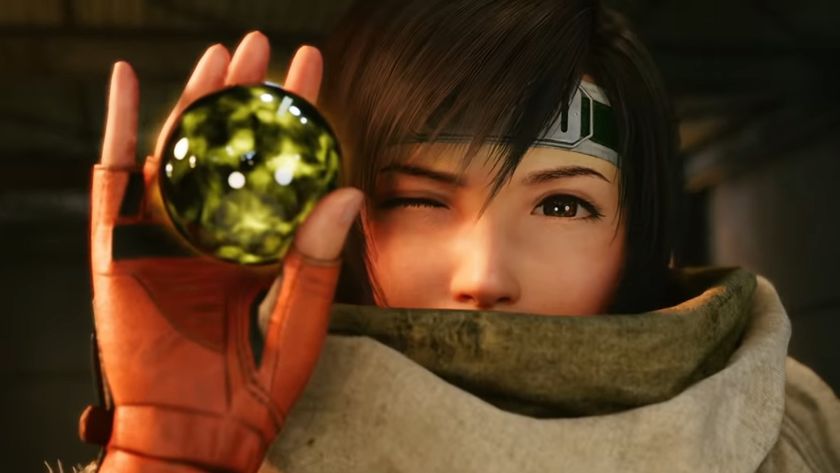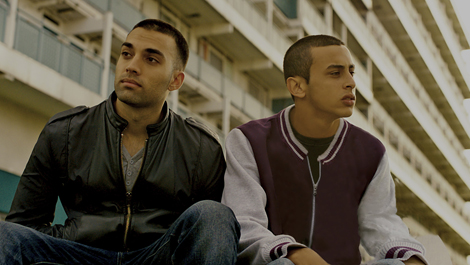Why you can trust 12DOVE
La Haine has been ram-raided by urban Brit flicks for so long it’s apt to finally see one of the French film’s stars, Saïd Taghmaoui, in the East London ’hood.
Yet it’s a mark of writer/director Sally El Hosaini’s ambition that Taghmaoui isn’t criminal or terrorist here but something more radical: a nice guy.
The only British film in competition at Sundance Festival 2012 - a winner, for its lyrical cinematography - El Hosaini’s debut follows two first generation Anglo-Egyptian siblings.
Rash (James Floyd) is the respected dealer whose ambivalence about his lifestyle leads him to Taghmaoui’s ex-gangster; Mo (Fady Elsayed) is the student who’d prefer to follow in his bro’s designer shoes.
What distinguishes My Brother The Devil is El Hosaini’s maturity in avoiding faux-doc grittiness, political grandstanding or flashy glorification in favour of an intimate, closely observed character piece.
The languid first half emphasises the brothers’ environment over plot beats; for all the inevitable knife fights and drug deals, it’s the quieter moments that register, and Floyd and Elsayed respond with affecting performances.
El Hosaini captures everything in a swooning, summery style that gives no hint she was shooting while riots ripped apart the capital last August.
And then El Hosaini detonates a bombshell that proves both the film’s masterstroke and very nearly its downfall.
It’s a twist that subverts genre bravado by focusing on issues seldom (read: never) touched on in the ’hood: when Mo warns of “terror shit” going down, it’s a deliberate attempt to hide more uncomfortable truths.
The trouble is that, while the story El Hosaini has chosen is new to these mean streets, it’s still as old as the hills. The subtle world-building is threatened by a dose of conventional melodrama.
All the same, the bold change of direction seals the film’s credentials as a laudable antidote to urban clichés.

Metaphor: ReFantazio wanted to fix the JRPG grinding problem, but Atlus went too far at one point and accidentally broke the whole combat system

Final Fantasy 7 Remake and Rebirth battle director says combining everything he learned on Monster Hunter: World with Square Enix's technology and unique skills created a "chemical reaction"

"Minutes after Palworld released," Pocketpair was already getting game pitches from "some really big names" before it even set up its own publisher: "No one has money at the moment"











